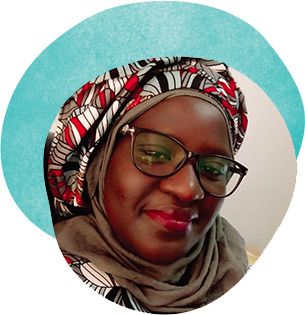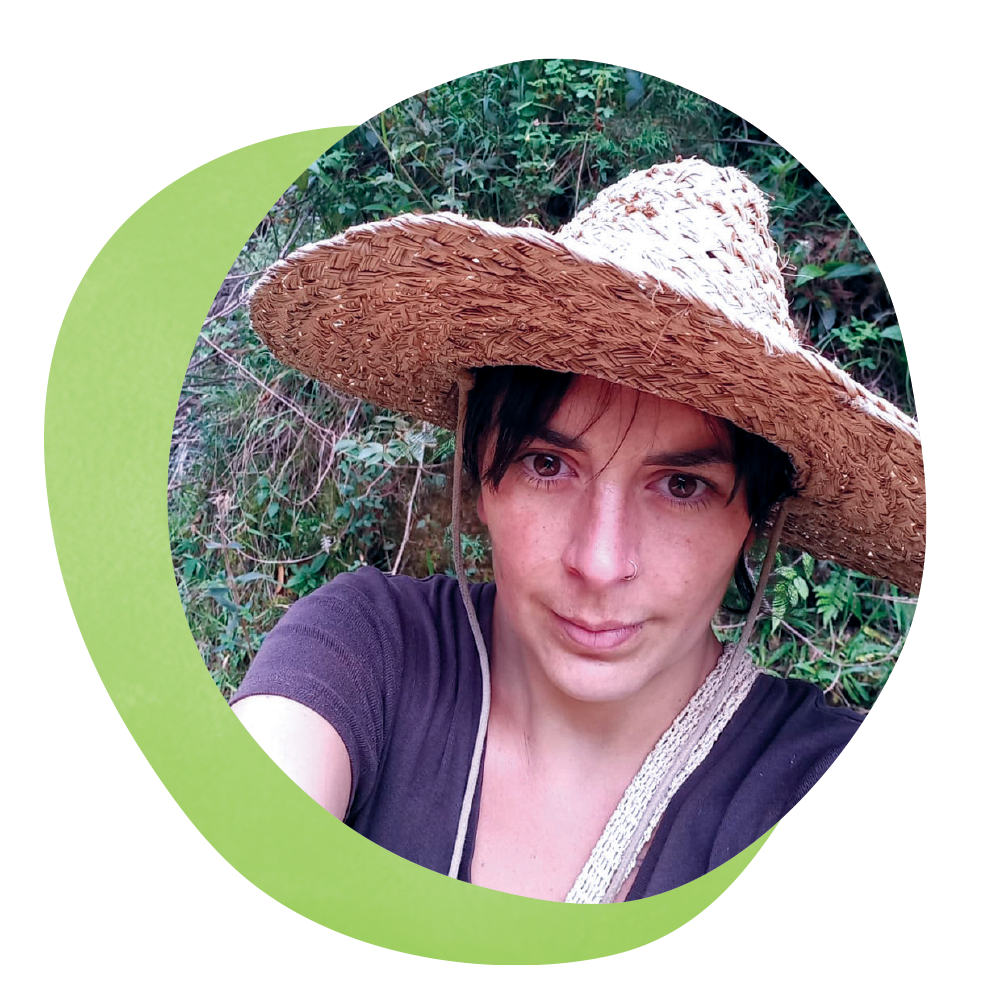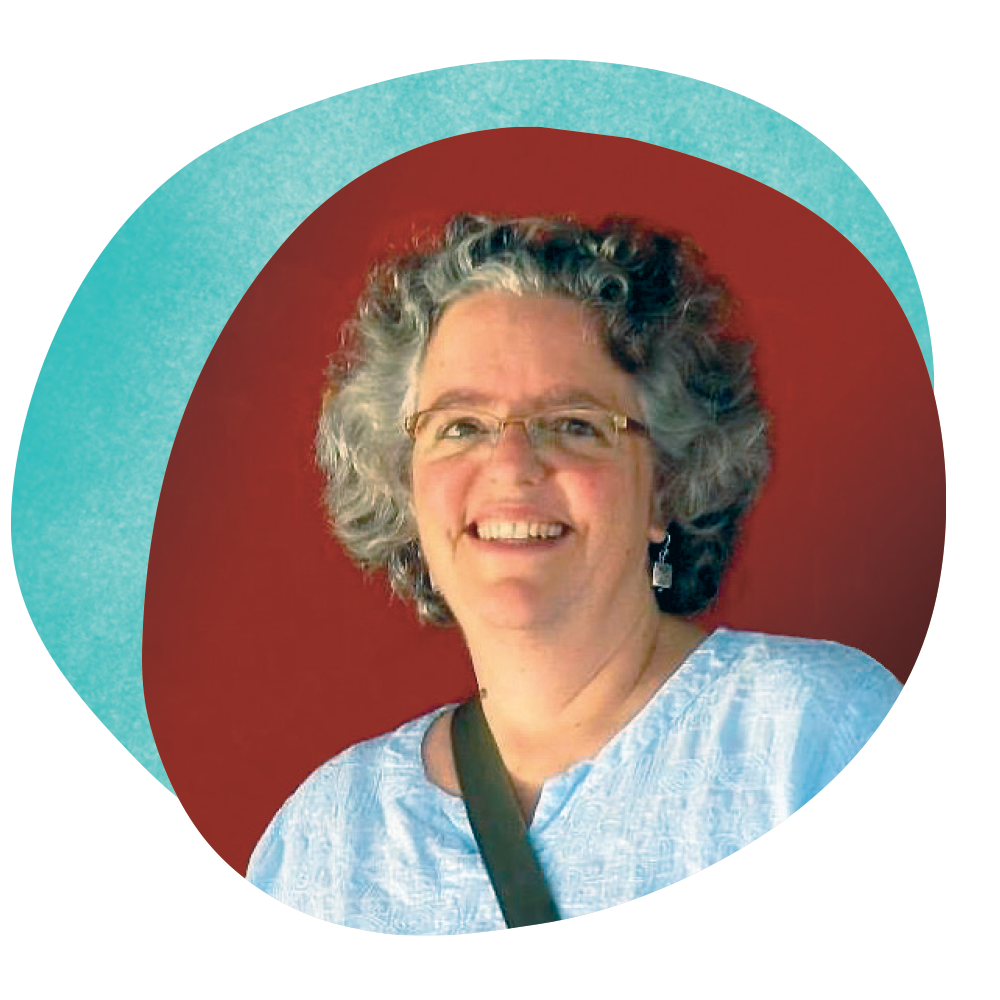Fatou Diouf
Fatou Diouf: Water Justice Organizer
Project Coordinator for French-Speaking Africa, Public Services International

For Fatou Diouf, who lives under a privatized water system in Dakar, Senegal, the human right to water isn’t just about having enough water to drink. Water also plays an integral role in bringing communities together. For example, Fatou explains that before the water systems in the rural areas of Senegal were privatized, communities managed their water wisely. Institutions such as schools and healthcare centers didn’t have to pay for water. People’s water bills were low, but if they couldn’t pay, community members raised the money for each other.
But when their water systems were privatized, says Fatou, all of that changed. Community institutions were charged for water, and rates spiked. With expensive water bills, many families no longer have the money they need to send their children to school. And neighbors are no longer able to help each other out with their payments. This situation has been exacerbated by climate change which has reduced the rainy season to only three months out of the year, leaving families in need of more water the rest of the time.
Water privatization leads to deepening inequities
Fatou has also witnessed a deepening of inequity in water distribution, in addition to other abuses, since one of the world’s largest water privatizers, Suez, took over her city’s water system. “The water bills are getting higher and higher. And people who are not able to pay those bills are cut off,” she explains. Meanwhile, those who can afford to pay the high bills have enough water for their gardens and non-essential uses.
“Access to water is a human right,” says Fatou, “But it’s really difficult in Africa because of greedy corporations. So you have to show people that this is their right and give them the tools to fight privatization.” And that’s exactly what she is doing as part of the Our Water Our Right Africa Coalition.
Organizing for the people’s interest
Across Africa, financial institutions such as the World Bank and International Monetary Fund work to convince governments that privatizing water and other public services will help the people. But, says Fatou, “they are not there to help or see us living better. No, they are just here to make profit. They are only concerned about their interests, never the people’s interest. And that is why the Our Water Our Right Africa Coalition is important.”
Fatou explains that “this coalition is specific to Africa—it’s not a global campaign with an African campaign under it. We bring together organizers in French-speaking countries, in West Africa, East Africa, South Africa. And when we listen to their experiences of the process of privatization and their experiences under privatization, we see that it’s all the same. So we see how to build alliances between us.”
For example, she has been instrumental in building a large network in Cameroon against privatization, which brings together trade unions and religious organizations, rural alliances, and other civil society organizations. And, with the support of Corporate Accountability’s grant-making program, she’s starting a similar network in Senegal.
Explore:
Ally profile
Andrea Echeverri: Climate justice organizer
Andrea Echeverri has dedicated her life to working on climate and environmental justice, and she quotes Colombian environmentalist Patricia Noguera when explaining why: “I believe that getting involved with this work is about the re-enchantment of the world.”
Read moreMember profile
Member power: Erika Leaf
A few years ago, Erika Leaf’s adult daughter asked her to double down on her giving to address the climate crisis. The future “looked like a hellscape to her,” says Erika. And she wanted her mother to be part of mitigating this crisis through her giving.
Read more







